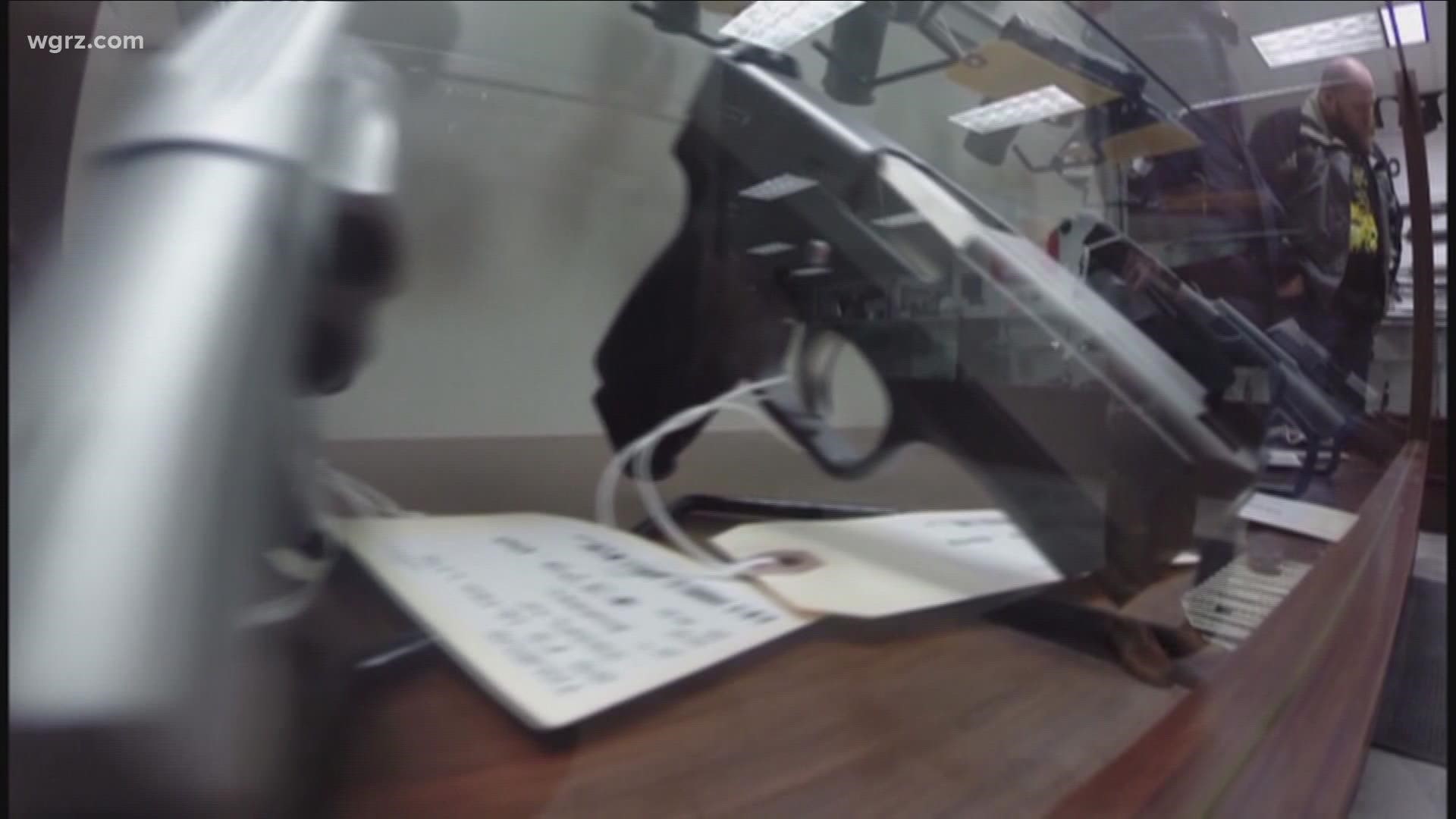NEW YORK — New York City and state officials announced lawsuits Wednesday against 10 sellers of gun parts that the officials said can be assembled into untraceable ghost guns and sold without background checks.
State Attorney General Letitia James and New York City Mayor Eric Adams said the weapons sold by online ghost gun retailers have been found at a growing share of New York's crime scenes.
“These are dangerous weapons,” Adams, a former police officer, said at a Manhattan news conference with James and other officials. “We should not think these are just kits used for hobbyists. They are being used by murderers. All of them are illegal.”
President Joe Biden announced in April that the U.S. Justice Department was working on new regulations to crack down on ghost guns, which have no serial numbers and have been used in shootings around the country.
The New York attorney general's lawsuit against 10 online gun sellers was filed in state Supreme Court in Manhattan under a state law passed last year that allows New York to target gun makers as public nuisances. It seeks an order banning the companies from sending gun parts in New York as well as restitution for gun violence victims.
New York City's law department filed a separate federal lawsuit seeking an injunction to stop five of the companies from selling to customers in the city.
James, a Democrat like Adams, said the companies “have sold tens of thousands of illegal ghost guns” to New Yorkers, including guns that “have actually claimed lives.”
The lawsuits were filed days after the U.S. Supreme Court struck down a century-old New York gun law restricting who can carrying a concealed handgun in public.
Christian Waugh, an attorney for Orlando, Florida-based Indie Guns LLC, one of the companies named in the New York lawsuits, said in a statement, “This is a groundless attempt to once again burden and limit the rights of New York City residents under the Constitution only days after the Supreme Court of the United States rebuked New York City for other unconstitutional restrictions on those rights.”

